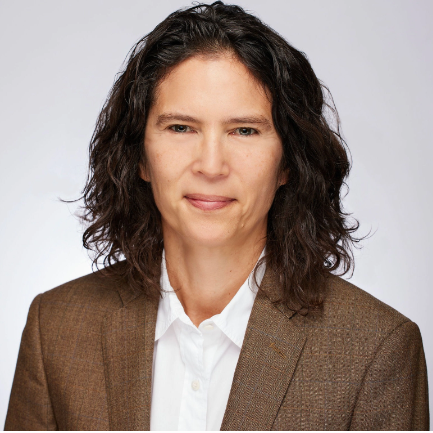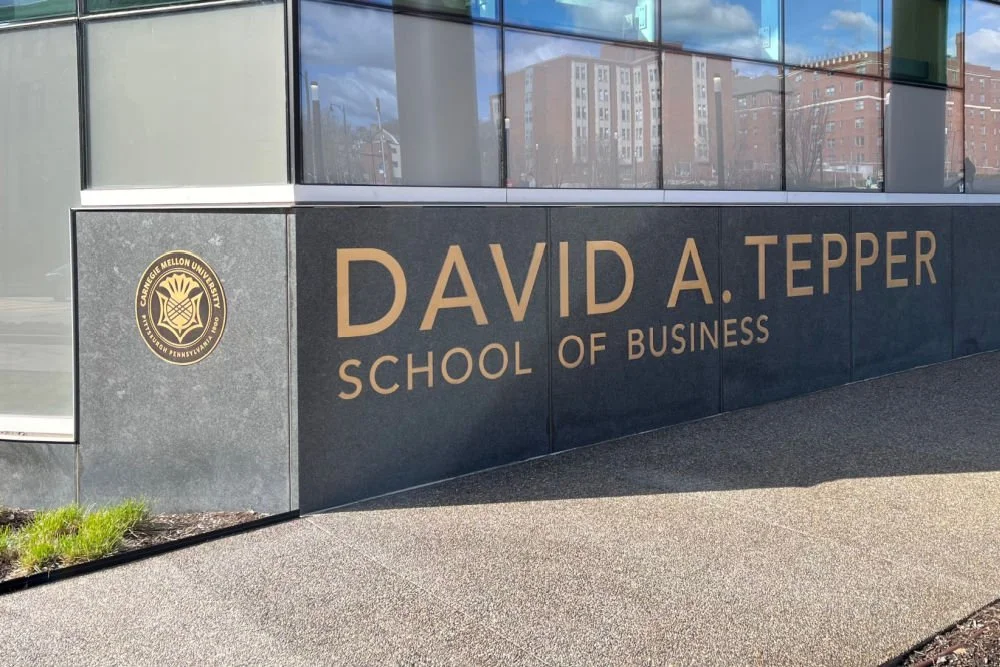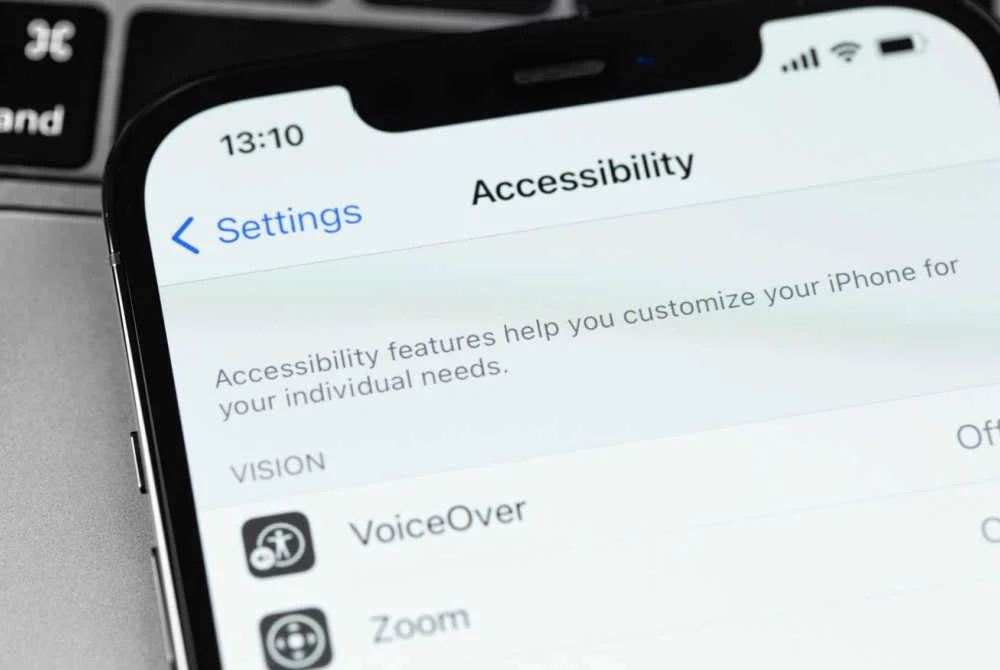Leading Funders Aim to Change the Conversation About Poverty. Can They Succeed?
/christitzeimaging.com/shutterstock
Those in charge at the world’s largest foundation have characterized it as a “learning organization,” a stance that reflects Bill and Melinda Gates’ much-publicized openness to new ideas. A hallmark of Gates’ work abroad is a willingness to experiment and bring unprecedented private resources to global health and development problems.
The Bill & Melinda Gates Foundation has a trial-and-error mindset toward its education work at home, which until recently was almost the exclusive focus of its domestic grantmaking, though results are mixed. In the words of Bill Gates himself, the foundation’s multi-billion-dollar commitment to U.S. education has achieved “a lot, but not as much as either of us would like.”
Last year, the foundation expanded its U.S. giving in a big way when it announced a multi-year plan to commit $158 million to boost economic mobility. The move came after Gates undertook an open-ended and wide-ranging learning initiative with the Urban Institute called the U.S. Partnership on Mobility from Poverty.
Research and learning is a key theme as Gates has ramps up its new anti-poverty work. Collaboration with other funders has also been an important part of the foundation’s efforts in this space so far.
Both of those themes are clearly on display in Voices for Economic Opportunity, the most recent giving initiative from Gates to confront poverty in the United States.
Taking on a Grand Challenge
This new effort aims to take on the “myths and misconceptions” about poverty that have long haunted this country—and stymied effective policy. It’s a collaboration with three other prominent anti-poverty grantmakers: the Raikes Foundation, the W.K. Kellogg Foundation, and the Robert Wood Johnson Foundation. “We’re new to this space, and we stand to learn from others who’ve been at this a lot longer than we have,” said Ryan Rippel, who leads the foundation’s economic mobility and opportunity work. “Ultimately, we’d like to invest together in some of the promising ideas.”
Voices for Opportunity taps the “grand challenges” model that the foundation has employed in its global work to ferret out innovative ideas in need of seed funding. Through November 13, Voices for Economic Opportunity is welcoming applicants with ideas to broaden the poverty conversation and correct prevailing misconceptions. A panel of experts, still to be announced, will review the proposals. Around 10 winners will receive $100,000 apiece to develop their ideas over the next 18 to 24 months, along with potential technical assistance and capacity-building support.
The new initiative tracks with the five strategies that guide Gates’ mobility work. They are: creating access to good jobs, ensuring that “zip code is not destiny,” delivering services holistically, transforming the use of data, and changing the narrative on poverty and mobility. Gates grantmaking is already tackling some of those strategies—more on that later—but Voices for Economic Opportunity is the foundation’s first move on narrative change.
“We spent a few years around the country meeting with people,” Rippel said. One of the striking conclusions from that learning process is the fundamental importance of telling accurate stories. Without that, we’ll struggle to get to better solutions.” The foundation’s decision to undertake its first-ever domestic Grand Challenge reflects the difficulty of this territory. “Instead of giving a grant to one team to try one approach to an exceedingly complex issue, Grand Challenges describes the issue and invites applicants from many different walks of life to suggest a path forward,” Rippel recently wrote.
Targeting a Major Barrier to Progress
With this latest initiative and its other anti-poverty grantmaking, the Gates Foundation has stepped into a corner of philanthropy that’s changing fast. Gates is one of several top foundations piloted by billionaire living donors who are bringing new resources and new thinking to a famously daunting set of social and economic challenges. As we’ve reported, these deep-pocketed newcomers—which also include the Chan Zuckerberg Initiative, the Ballmer Group and Bloomberg Philanthropies—have backed ambitious initiatives to develop better data on mobility and pilot fresh policy approaches.
But this wave of new technocratic grantmaking is only one way the anti-poverty funding field is changing. We’ve also reported on the growing focus on issues of race, a greater emphasis on intersectional approaches, and rising calls to include affected communities in funding decisions. Engaging some of these currents may well lead the Gates Foundation outside of its comfort zone—which is why it’s wise to team up in its latest anti-poverty initiative with two legacy foundations, RWJF and Kellogg, that have long experience on these issues, and also with Raikes, which has been diving deep on matters of race recently.
Still, a big question in regard to Voices for Economic Opportunity is whether philanthropy can effectively fund narrative change on a problem as deep-rooted as poverty. While this is an exploratory effort to answer that question, the Gates Foundation has provided some guidance about what it’s looking for. Its guidelines draw heavily from the findings of the U.S. Partnership on Mobility from Poverty.
Gates is looking for projects that pivot the conversation away from stigmatization and toward empathy, as in, “this could be me, or someone I know and value.” It wants to give poor people more agency, moving away from their portrayal as hapless victims. And it wants to de-emphasize the usual focus on personal failings and affirm collective (and individual) responsibility along with an acknowledgment that the status quo is untenable.
The hope is to source ideas that highlight how biases impact the way we see people in poverty, uplifting the voices of those with direct experience. Ideas for “distributing these perspectives” are also welcome, indicating the relative novelty of narrative change strategies in philanthropy. Although an increasing number of grantmakers are funding dedicated campaigns to shift stories, disseminating new narratives effectively and without political blowback is still a challenge.
In describing this new work, Rippel was keen to avoid the perception that Gates is advancing some kind of pre-planned, top-down agenda. “We do not see this investment or our overarching strategy as a solution to poverty. It’s about helping a number of actors come together and getting a wide range of perspectives around how to tell more accurate stories,” he said. Regarding how efforts like Voices for Economic Opportunity might be perceived in a political light, he noted that while the foundation is “clear-eyed about the environment in which we’re pursuing this work,” effective action depends on gaining an accurate understanding of the problem.
An emphasis on accurate facts characterizes most of Gates’ work to date on economic mobility. One clear example is the foundation’s big-dollar support for Opportunity Insights, the research institute at Harvard founded by economist Raj Chetty. Through initiatives like the Opportunity Atlas, the institute is examining geographic disparities with an unprecedented granularity. Other funders include CZI, Bloomberg Philanthropies, Robert Wood Johnson and the Overdeck Foundation. Gates has also joined Bloomberg and Ballmer to back local data-driven “interventions” to increase economic mobility.
More to Come?
We’ll be watching to see what ideas emerge from Gates’ open call. In an area as nebulous as “narrative change,” the grand challenge format seems less applicable than in more concrete fields like health science research. But while $100,000 isn’t a whole lot of money, it may very well make the difference for some creator or convener out there with a great idea. Due in part to the digital technologies Bill Gates helped spread around the world, it’s easier than ever to impact narratives these days—for better and worse.
We should also note that only a fraction of Gates’ $158 million economic mobility pledge has been committed so far. There’s a lot more where this came from. And considering how much money is waiting in the wings—Forbes pegs Bill Gates’ net worth at nearly $100 billion—our hunch is that the foundation will expand its commitment down the line, when it has more confidence in where to invest resources.
Another interesting aspect is Gates’ apparent willingness to delve into politically risky territory in pursuit of solutions to poverty. While none of this work is political as such, the question of poverty in America is inextricably bound up in ideology and the culture wars. Bluntly stated, many of the negative stereotypes that Voices for Economic Opportunity seeks to counter come from prominent figures in politics and the media, including the current president of the United States and Fox News.
Bill and Melinda Gates have worked assiduously to be seen as non-partisan. However, through the newly established Gates Policy Initiative, they are gearing up to flex their advocacy muscles in D.C., with poverty and employment on the 501(c)(4)’s agenda.
Of course, education remains Gates’ primary domestic focus area—and its annual U.S. giving is usually only about one-eighth the size of its global commitments. Bill and Melinda’s 2019 annual letter was decidedly more muted on U.S. poverty than last year’s, so this could still go a number of ways.
Related:







































